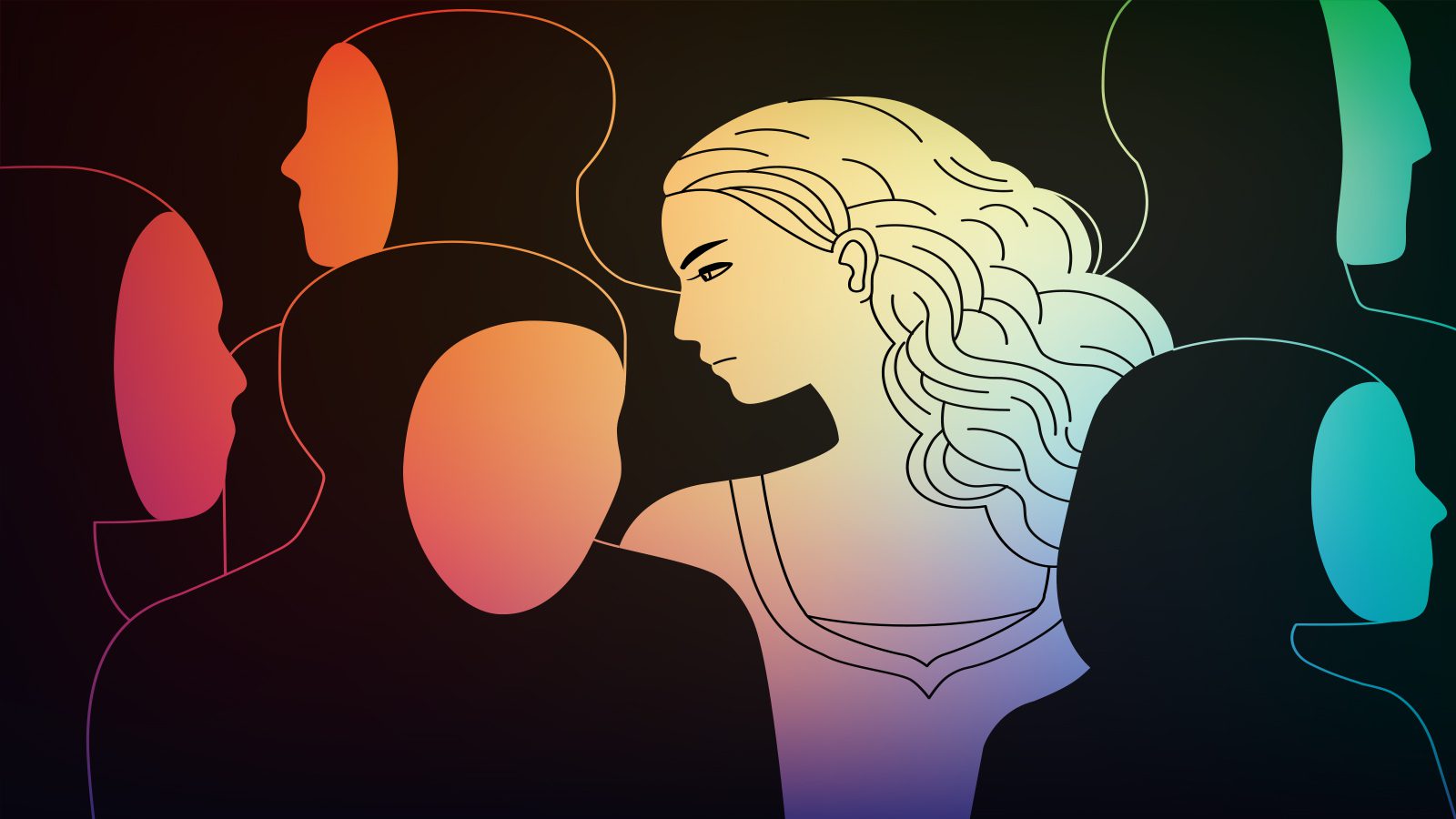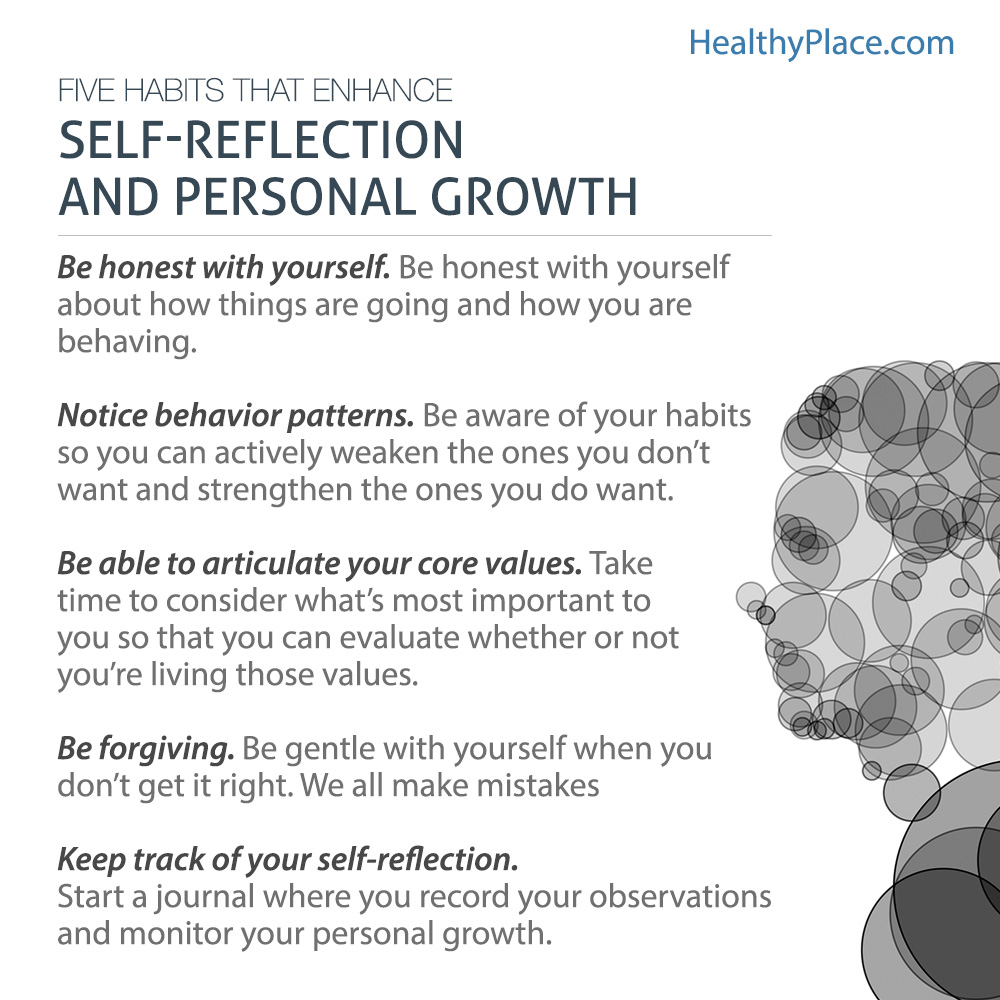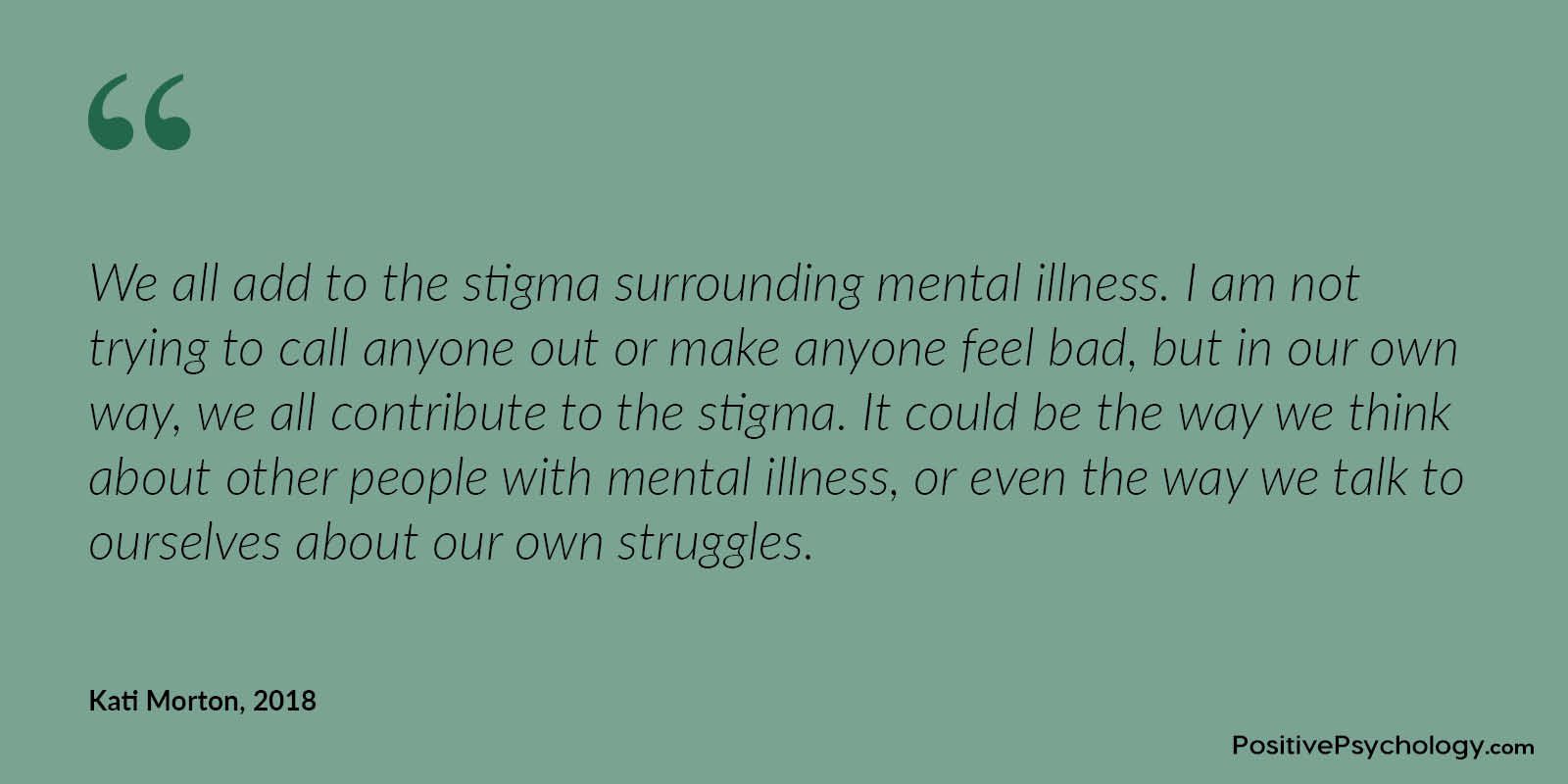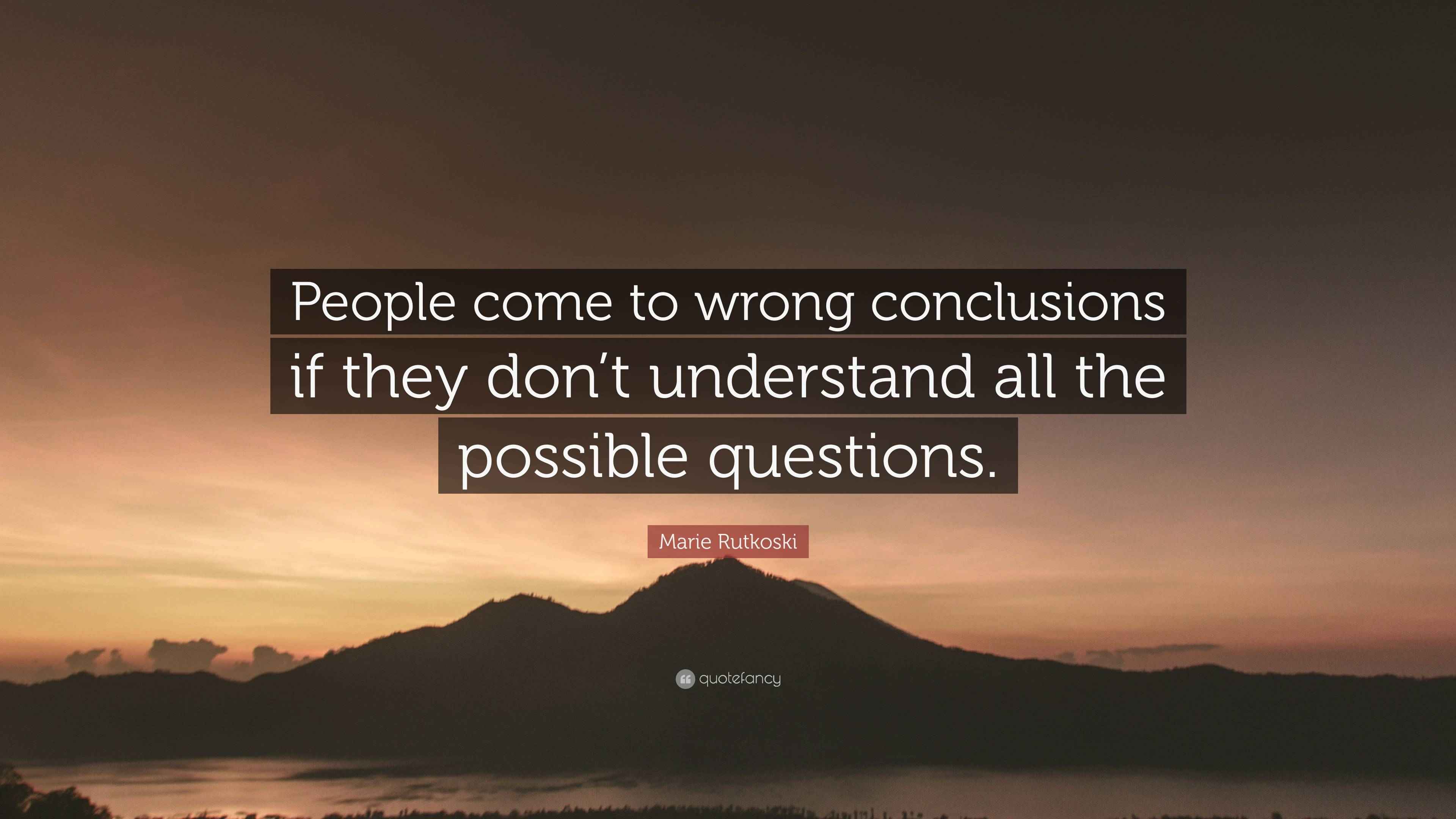
Understanding Why We Fall for the Wrong People
Psychological Factors at Play
One of the key reasons individuals often find themselves attracted to unsuitable partners is rooted in psychological factors. For instance, many people are drawn to familiar patterns from their childhood. If someone grew up in a turbulent household, they might subconsciously seek out similar relationships, mistaking chaos for passion.
Societal Influences
Additionally, societal influences shape our perceptions of love and attraction. Media portrayals often glorify dysfunctional relationships, making them seem exciting or desirable.
Impact on Relationships
These influences can lead to significant challenges in interpersonal dynamics, resulting in:
- Repeated cycles of heartbreak
- Difficulty in establishing healthy connections
- Emotional turmoil and confusion
Recognizing these patterns is crucial for fostering healthier relationships and finding true compatibility.

Emotional Triggers Leading to Attraction
Unmet Emotional Needs
Going deeper into the emotional aspects, unmet emotional needs often drive people toward partners who appear to fill that void. For instance, someone who craves affection might chase after partners who are emotionally unavailable, hoping for change.
Past Experiences
Past experiences also play a significant role in shaping attraction. Positive or negative relationships from the past can create a blueprint for future choices.
Attachment Styles
Lastly, attachment styles influence how we connect with potential partners.
- Secure Attachment: Healthy and trusting relationships.
- Anxious Attachment: Clinginess or fear of abandonment.
- Avoidant Attachment: Difficulty in forming intimate ties.
Understanding these emotional triggers is essential for making better relationship choices and finding fulfillment.

Red Flags to Identify in Potential Partners
Lack of Communication
Recognizing red flags early on can save a lot of heartache later. One significant indicator is a lack of communication. If a potential partner frequently avoids deep discussions or dismisses your feelings, it signals trouble ahead.
Dishonesty and Manipulative Behavior
Dishonesty and manipulative behavior are also critical red flags. This might manifest as small lies that eventually escalate. For instance, if someone seems evasive about their past or priorities, it’s essential to scrutinize those behaviors.
Incompatibility in Values
Lastly, incompatibility in values can lead to insurmountable challenges.
- Differing Views on Family: If one partner desires children while the other does not, it can lead to resentment.
- Varied Perspectives on Career: Disparate priorities regarding work-life balance can create friction.
Being aware of these red flags helps in navigating the path toward healthier relationships.

Self-Reflection and Personal Growth
Building Self-Esteem and Confidence
After recognizing red flags in past relationships, self-reflection becomes essential. Building self-esteem and confidence is a vital step. Engaging in positive self-talk and celebrating small victories can significantly boost self-worth.
Setting Boundaries
Another important aspect is setting boundaries. Knowing what you will and won’t tolerate can empower personal happiness. For example, if late-night texts disrupt your peace, clearly communicating this preference preserves your well-being.
Seeking Healthy Relationships
Lastly, seeking healthy relationships is paramount.
- Look for open communication: Engaging with someone who values honesty can build trust.
- Shared interests and values: Ensure you align on fundamental life goals.
By focusing on personal growth, individuals pave the way for fulfilling and meaningful connections.

Seeking Professional Help and Support
Therapy and Counseling Options
As self-reflection and personal growth continue, seeking professional help can provide invaluable support. Therapy and counseling options, such as cognitive-behavioral therapy (CBT), can help unravel deep-seated issues. A therapist can offer professional insights tailored to individual experiences.
Support Groups and Communities
Additionally, support groups and communities foster connection and understanding. Sharing experiences with others who’ve faced similar challenges can be incredibly healing. Consider joining local or online groups focused on relationship empowerment.
Importance of Self-Care and Healing
Remember that self-care plays a crucial role in the healing process.
- Prioritize time for yourself: Engage in activities that bring joy.
- Practice mindfulness: Techniques like meditation can enhance emotional well-being.
Investing in one’s mental health is key to nurturing healthier, more fulfilling relationships moving forward.

Moving Forward and Learning from Past Mistakes
Acceptance and Forgiveness
To truly move forward, embracing acceptance and forgiveness is essential. Acknowledge past mistakes without dwelling on them. Forgiving oneself is often the hardest part, but it lays the groundwork for growth. For instance, consider taking moments to write down lessons learned from previous relationships and forgive yourself for the choices made during challenging times.
Mindfulness in Relationship Choices
Mindfulness also plays a significant role in relationship choices. Being present not only helps in recognizing what you truly want but also in making informed decisions.
- Evaluate past patterns: Reflect on recurring themes in relationships.
- Engage in deep listening: Pay attention to potential partners’ values and communication styles.
Embracing Positive Change
Finally, embracing positive change is important for personal development. Celebrate small victories in your journey; these are stepping stones toward healthier relationships.
- Set achievable goals: Focus on what defines a good relationship for you.
- Cultivate gratitude: Reminding yourself of what matters can help reinforce positive behaviors.
By adopting these practices, individuals can learn from their past and create brighter futures in love and connection.

Conclusion and Final Thoughts
Recap of Key Insights
In summary, understanding the complexities of attraction, recognizing red flags, and engaging in self-reflection are crucial steps toward healthier relationships. We’ve discussed the importance of seeking professional help, embracing change, and cultivating self-awareness.
Empowering Yourself in Relationships
Empowering yourself in relationships begins with establishing strong self-esteem and setting clear boundaries. Always remember that you deserve relationships that nurture and uplift you.
Encouragement for a Brighter Future
As you move forward, keep in mind that every experience is an opportunity for growth.
- Embrace learning: No lesson is wasted.
- Stay hopeful: Believe in the possibility of finding fulfilling love.
With intentional choices and a commitment to personal growth, a brighter future awaits in the realm of relationships.
